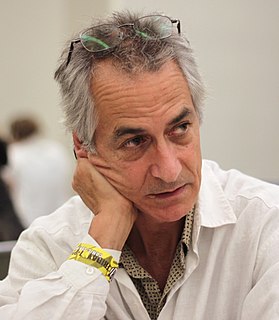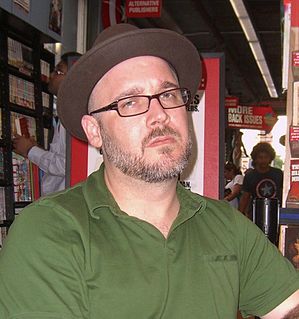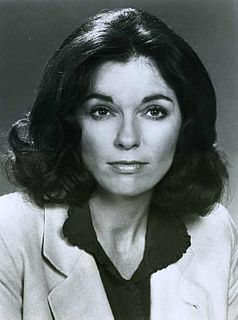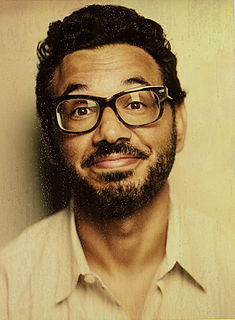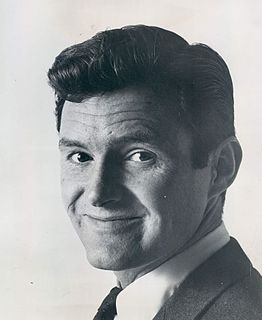A Quote by David Strathairn
If anyone was talking about journalism in the '50s - it was Edward R.Murrow.
Quote Topics
Related Quotes
With "Good Night, and Good Luck," I think it's kind of obvious what [Truman Capote]'s getting at there, and the importance of how it's playing out today, that is journalism doing, are the journalists doing their job, are they being the other checks and balances in our country that the way that obviously Edward R. Murrow was back then.
The political vibe of late-'40s Hollywood through the mid-'50s is something we're seeing a lot of echoes of right now, and in a scary way, where I'm wishing for an Edward R. Murrow to stand up and start somehow calling people on stuff. But as far as the way the industry works, I feel like we're in a place where you see companies slowly moving back to only doing their own stuff.
Anyone who does investigative journalism is not in it for the money. Investigative journalism by nature is the most work intensive kind of journalism you can take on. That's why you see less and less investigative journalism at newspapers and magazines. No matter what you're paid for it, you put in so many man-hours it's one of the least lucrative aspects of journalism you can take on.
I tensed for the spring, my eyes squinting as I cringed away, and the sound of Edward's furious roar echoed distantly in the back of my head. His name burst through all the walls I'd built to contain it. Edward, Edward, Edward. I was going to die. It shouldn't matter if I thought of him now. Edward, I love you.
